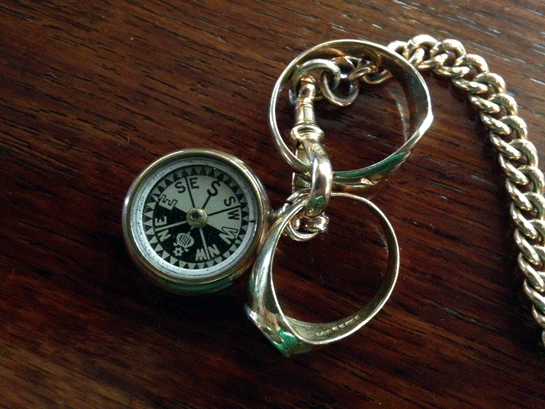100 Years ago the ‘War to end all Wars‘ began. Across Europe (and later the world), nations faced each other in what became the bloodiest conflict known at the time. Millions of men, some regular soldiers, but many fresh troops, defined the phrase ‘Trench Warfare‘. For centuries, the cavalry charge had been the dashing face of warfare, but suddenly heavy artillery and deep mud ground the advances to a halt. Many simply drowned in the mud, rather than by falling to the enemy.
This was the first major conflict to be extensively filmed, photographed and reported, and huge amounts of information exists on the conflict. It spawned poets, trench foot, no man’s land football matches and has given the world the red poppy as a symbol of remembrance. Across the UK, services were held on Monday 4th August to commemorate the declaring of war. I was asked to read the poem 1914, by Wilfred Owen at my local church as part of their evening service…
Tragically, Owen was killed close to the wars end. After hostilities ceased, many were immortalised in memorials across the land. One of the most poignant I know, sits on the top of great Gable in the Lake District. It commemorates fallen members of the Fell and Rock Climbing Club, and I have attended the November Remembrance Service on many occasions, seeing it as more of a pilgrimage than a commemoration.
Many mountaineers and climbers perished in the war and the Mountain Heritage Trust has an excellent display in the Keswick Museum and Art Gallery. Siegfried Herford’s story is beautifully told with original letted and artefacts of the time. I saw the display recently and recommend anyone interested in the heritage of our sport visit. Reading the handwritten letters, notes and club magazines brought a tear to my eye. Claire Carter has written a poignant article about Herford and the ascent of Central Buttress on Great Gable.
I’ve always been one for dressing up on occasions, and I looped my gold pocket watch and chain into my waistcoat without a thought. I walked into a busy St Peters Church and sat with my parents awaiting the service to begin. St Peters has been our family church for years. My parents were married here in 1960, and I was christened in 1969. I spoke here at school concerts as a child and have been to more services than I can remember. As I waited, I put my right hand into my waistcoat pocket. I suddenly remembered what I had on the opposite end of the chain to my watch, and a cool shudder ran down my spine. Held in my injured hand was a gold officers compass from the Great War. I had purchased it years ago, clipping it onto the chain and almost forgetting it. It is less than an inch across, but bright and easy to read. Had it ever been to the front..? Was it a dress piece..? Gentlemen of the time took everything from their best Game Shotguns to their Batmen, so it’s possible. Who can tell. History is often told in objects and this one suddenly became more precious than I could imagine. I held it in my hand all evening…
Clipped against the compass are two gold rings. There are from my past. One is a signet ring that my parents brought me for my 18th birthday, the other a gold ring for my 21st. With hands like mine the wearing of rings isn’t easy, so I clipped them on the chain years ago. Here, conflict and cold collided. Both cause injury, change lives and bring great times of reflection. As I walked up to the lectern to speak, I felt nerves like never before. I’ve spoken to more businesses and schools than I can remember, but this was different. This was commemoration. This was warfare. This was history. Perhaps I’ve always been used to speaking my own words, rather than anyone else’s…
Years before the conflict, Wellington famously said ‘they came on in the same old way and we defeated them in the same old way’. The Great War has many critics who say that the Generals never learned, and had men cut down in their thousands. This argument will continue to rumble on, but if we refuse to change, refuse to evolve or refuse to learn, we will live our lives in the same old way. Many people, organisations and businesses need to understand this lesson. If they do things the same forever, they’ll just end up with the same outcomes.
Candles were lit at the start of the service, and extinguished one by one as the evening progressed. As the last candle went out, we walked in silence from the pews and into the starlit night. The evening was done, but there was much to reflect upon…
